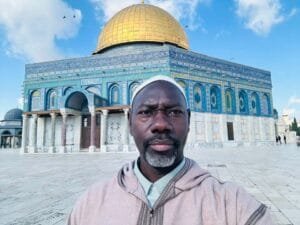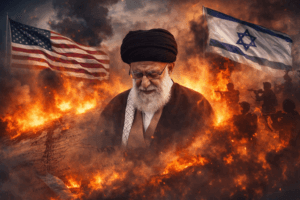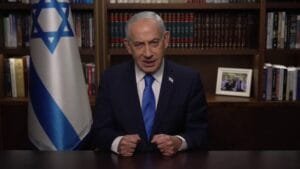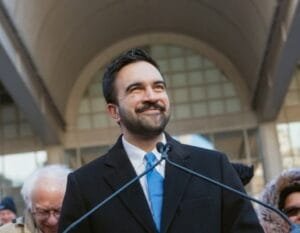Venezuela’s Machado urges international pressure over elections
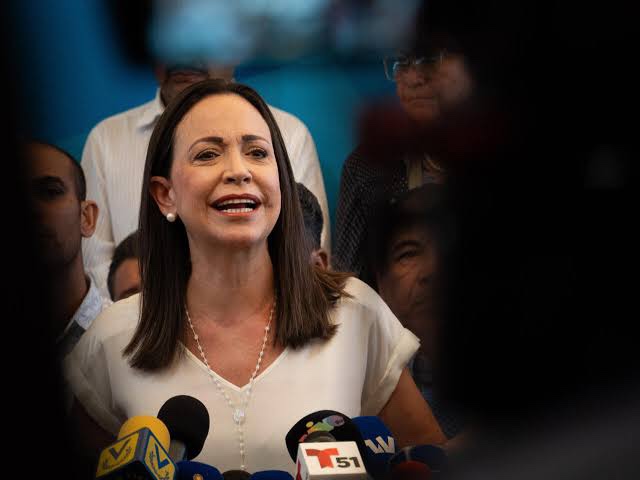
Venezuelan opposition figure Maria Corina Machado has called for increased international pressure on President Nicolas Maduro’s government to allow her coalition’s preferred candidate to participate in the upcoming July elections.
Machado, 56, expressed gratitude to nations such as Colombia and Brazil, as well as the United States and France, for voicing concern over the exclusion of candidate Corina Yoris. In a statement shared on social media platform X, Machado emphasized the fairness and democratic nature of their cause.

Machado urged democratic leaders worldwide to join in demanding that the Maduro regime permit the registration of Corina Yoris as a presidential candidate. The Democratic Unitary Platform (PUD), led by Machado, faced the necessity of registering an alternative candidate after failing to enroll Yoris, 80, for the electoral contest against Maduro, who is vying for a third term.
Despite Machado’s victory in an opposition primary last October, she was disqualified from holding public office for 15 years by Maduro-aligned courts, accused of corruption charges she denies and supporting sanctions against his administration. The exclusion of Yoris, presented as the opposition’s alternative, drew condemnation from leaders like French President Emmanuel Macron and Brazilian President Luiz Inacio Lula da Silva, who decried the absence of a legal or political justification for barring Yoris from candidacy.
Colombia’s foreign ministry also expressed apprehension regarding certain candidacies’ registration, warning of potential consequences on international confidence in the electoral process. The last-minute substitution of little-known candidate Edmundo Gonzalez Urrutia by the PUD, alongside the enrollment of Manuel Rosales, the governor of Zulia province, raised eyebrows within the opposition ranks.
Criticism of the Venezuelan electoral council’s acceptance of only opposition candidates deemed acceptable by Maduro and his representatives has mounted. The United States, in particular, denounced the move as contrary to the principles of competitive and inclusive elections. However, China, a staunch ally of Caracas, defended Venezuela’s sovereignty and called for non-interference in its internal affairs.
With memories of the disputed 2018 elections still fresh, during which many countries, including the United States, refused to acknowledge Maduro’s victory due to allegations of fraud and lack of transparency, international scrutiny of Venezuela’s electoral process remains intense. As preparations for the July elections unfold, pressure mounts on Maduro’s government to ensure a fair and credible electoral environment.











